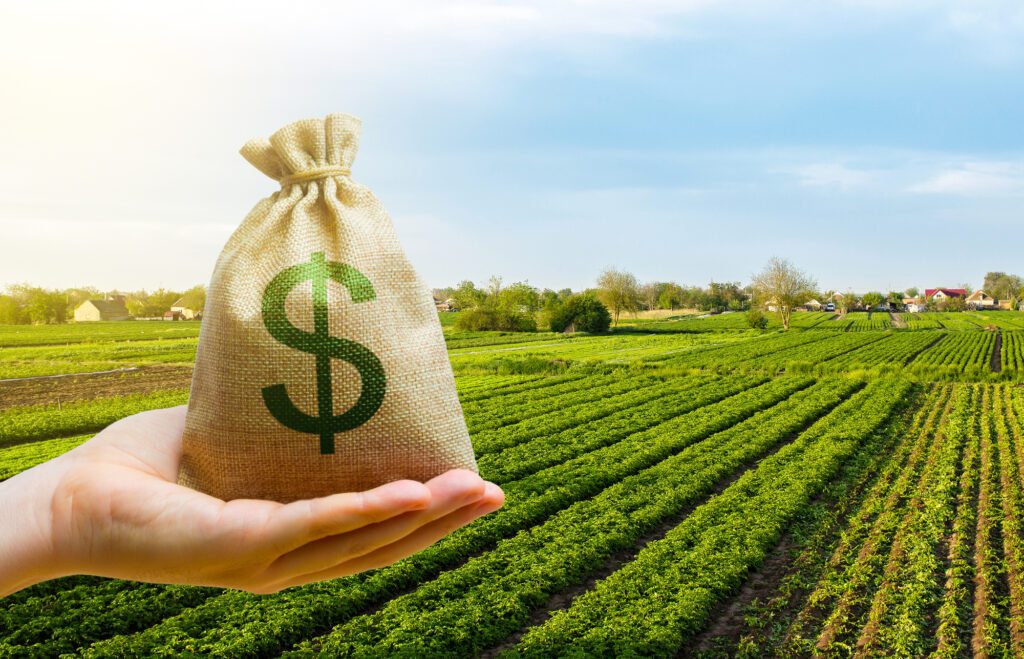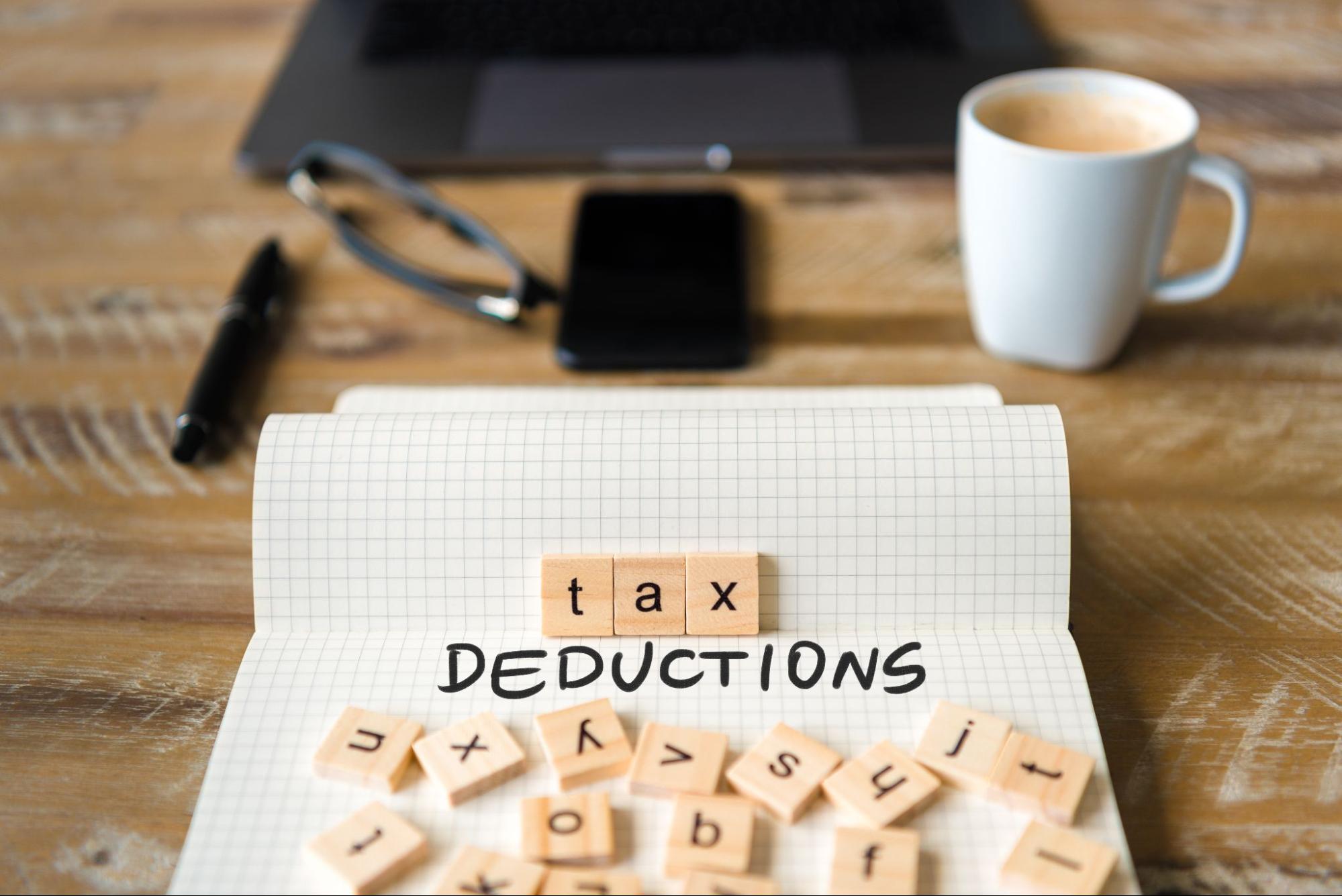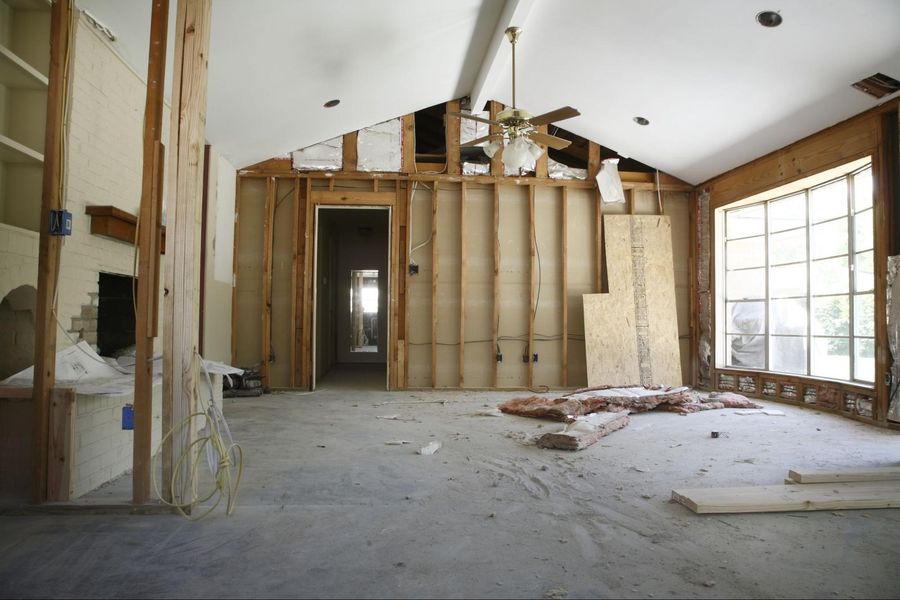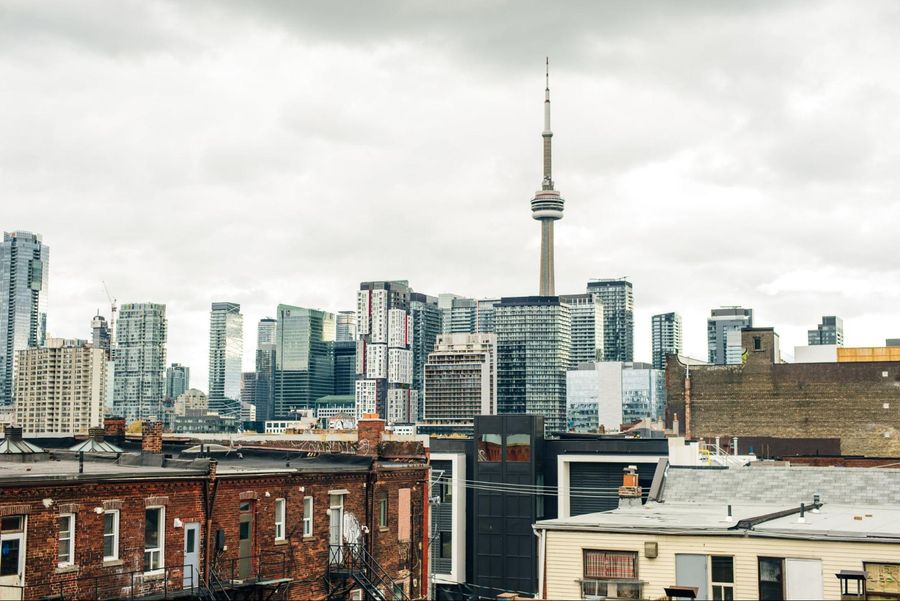Can you avoid the land transfer tax? Short answer, no (unless you are a first-time homebuyer). But thankfully, there are other options to reduce your tax burden.
In our current market, with homes as expensive as they are, many people want to save a buck when buying their homes. Beyond just a high purchase price, numerous closing costs can often catch a buyer by surprise. Though you can’t change the purchase price much besides what you offer, you may have more control to reduce your .
One major component of closing costs in Ontario is the land transfer tax. This tax is paid on nearly every purchase and can cost up to an additional 2.5% of your home’s price in extra tax. Some people have looked for ways to avoid or reduce this tax in hopes of lowering their overall closing costs.
In this article, we will cover what land transfer tax is, how much it costs, who needs to pay it, and circumstances when you may be able to avoid or reduce your land transfer tax costs.
What is the Land Transfer Tax?
The land transfer tax is a common type of tax used in almost all Canadian provinces in addition to some municipalities. Land transfer tax applies to all transfers of land in Ontario and any beneficial interest in land. Buyers must pay land transfer tax once the sale closes, and its cost is based on the value of the property in question.
The land transfer tax was first introduced in Ontario in 1974 under the conservative government of Bill Davis. The tax rules are outlined in the aptly named Land Transfer Tax Act. Over the years, the tax rates, various exemptions, and conditions have been modified. For example, a municipal land transfer tax was implemented in the City of Toronto.
Another similar tax to the land transfer tax is the , which applies in addition to the land transfer tax for any residential property acquired by someone who is not a permanent resident or Canadian citizen. This tax on non-residents covers all areas in the province and has a rate of 20%.
How Much Does the Land Transfer Tax Cost?
The land transfer tax in Ontario is calculated on a sliding scale based on the value of the purchased property (the land and any buildings on it.) More specifically, according to the government, the tax covers the “purchase price, liabilities assumed, benefits conferred, soft costs, and the cost of upgrades.” In short, the more you pay for the property, the higher your tax rate will be. The current tax rates for the provincial land transfer tax as of 2022 are as follows:
- 0.5% for an amount of $55,000 or less
- 1% for amounts above $55,000 up to $250,000
- 1.5% for amounts above $250,000 up to $400,000
- 2% for amounts above $400,000
- 2.5% for amounts above $2,000,000 for properties with one or two single-family residences
When calculating the land transfer tax, you don’t apply a single rate to your entire purchase price. Rather, you must use the applicable rate for each range of values in your purchase price. To help make this clear, let’s look at an example.
If you were buying a home worth $500,000 outside the City of Toronto, the land transfer tax would be calculated as:
- 0.5% of $55,000 = $275
- 1% of $195,000 (250,000 – 55,000) = $1950
- 1.5% of $150,000 (400,000 – 250,000) = $2250
- 2% of $100,000 (500,000 – 400,000) = $2000
- Total land transfer tax owing: $6475
How Much Does the Toronto Land Transfer Tax Cost?
Unfortunately for buyers in Toronto, you will be subject to a second municipal land transfer tax that can significantly increase your closing costs. The one benefit is that the Toronto land transfer tax uses the same marginal tax rates as the Provincial land transfer tax. If you are paying this tax, you should still calculate them separately, but if everything goes right, the amounts for each tax should be the same.
So, if we look at the same purchase price example from above but within the City of Toronto, the final amount of land transfer tax would be $12,950. This means, in total, the land transfer tax would cost you about 2.6% of your home’s purchase price.
Who Pays the Land Transfer Tax?
Land transfer tax is always paid by the person buying the property. Though the seller does not need to pay the tax when selling, they have already paid it when they bought the property themselves.
Payment of land transfer tax must be made upfront, on the date that the property transfer is officially registered, or within 30 days of the sale closing.
Are There Any Ways to Avoid Paying the Land Transfer Tax?
By now, it is apparent that the land transfer tax is no small fee, and buyers need to take it into account when budgeting for their purchases. Consider that an average-priced home in Toronto (around $1,150,000 as of June 2022) would pay almost $40,000 in land transfer tax, and you can see why someone may be interested in reducing this cost.
The good news is that there are ways to reduce or eliminate the cost of land transfer tax without committing tax fraud. The bad news for most buyers is that unless you fall within a specific group, you will generally not be able to avoid the land transfer tax.
In some provinces, buyers have been able to avoid land transfer tax or Property Transfer Tax by keeping the title in place and transferring beneficial ownership to a bare trust set up for this purpose. However, the tax applies to both legal and beneficial ownership in Ontario, so this loophole will not work.
First-Time Homebuyer Rebate
The most common way people reduce their land transfer tax is by applying for the first-time homebuyer rebate, a rebate for first-time homebuyers for the Ontario land transfer tax and the City of Toronto land transfer tax. The purpose of these tax rebates is to help make the purchase of a first home relatively cheaper and, therefore, more accessible.
You must be considered a first-time home buyer to qualify for these rebates. For this tax, the criteria may vary a bit from other first-time home buyer programs. The general guideline is that to be considered a first-time homebuyer for land transfer tax rebates; you can not have owned a home or an interest in a home anywhere in the world at any point. If you are buying with a spouse, they must meet the same criteria. The method of receiving the home (purchase, gift, etc.) is not relevant.
Under the provincial rebate, eligible buyers can receive up to $4000 back from their land transfer taxes. This means that for homes up to about $370,000, first-time homebuyers can avoid paying land transfer taxes.
The criteria for eligible first-time buyers for the Toronto land transfer tax rebate are the same as on the provincial level. However, the value of the rebate is different. In Toronto, first-time homebuyers can receive a rebate of up to $4,475 off their land transfer taxes. This means you won’t need to pay the City of Toronto land transfer tax on any property that costs less than $400,000, though the provincial tax will still apply in the upper range.
As a first-time home buyer, there is almost no downside to taking advantage of these rebates, and you can save up to $8475 off your home purchase, which is a significant amount. The downside is that as home prices rise higher and higher, especially in Toronto, the amount that homebuyers can save remains fixed, and so the potential savings shrink in proportion. To help make buying even more affordable, consider looking into some of the other first-time homebuyer incentives and rebates that may be available.
Other Land Transfer Tax Exemptions
There are a few other instances where provincial land transfer tax is not required to be paid. These special circumstances cover transfers between specific parties. These may include:
- Some land transfers between spouses
- Some land transfers from an individual to their own family business corporation
- Some transfers of farmland between family members
- Some transfers of a life lease from a non-profit or charity.
These exceptions are relatively few, and when an exception applies is not immediately obvious without careful review of the Land Transfer Tax Act. If you think you may be eligible, you should talk to a tax professional who can help you to interpret your eligibility and come to a sound conclusion.
Conclusion
The land transfer tax, provincially and within the City of Toronto, is relatively strict in its coverage. In very few rare cases, an individual may be exempt from paying, though, in almost all purchases, some land transfer tax will apply. The most reliable way to save on your land transfer tax is to be a first-time home buyer, making you eligible to save up to $8475 with minimal downside.
If you are not a first-time home buyer, you will need to pay the land transfer tax. Though the unexpected price can be painful, you will be much worse off if you attempt to dodge a tax illegally, and we can not recommend that course of action. If you are looking to save on your home purchase, you may still be able to save in other areas. Things like legal fees or home appraisals may be negotiable, for example. You can also save money on your mortgage by looking for and low fees or by simply looking for a less expensive home.
Corben joined CREW as a relative newcomer to the field of real estate and has since immersed himself and learned from the experts about everything there is to know on the topic. As a writer with CREW, Corben produces informative guides that answer the questions you need to know and reports on real estate and investment news developments across Canada. Corben lives in Guelph, Ontario with his partner and their two cats. Outside of work, he loves to cook, play music, and work on all kinds of creative projects. You can contact Corben at corben@crewmedia.ca or find him on Linkedin at https://www.linkedin.com/in/corbengrant/.









